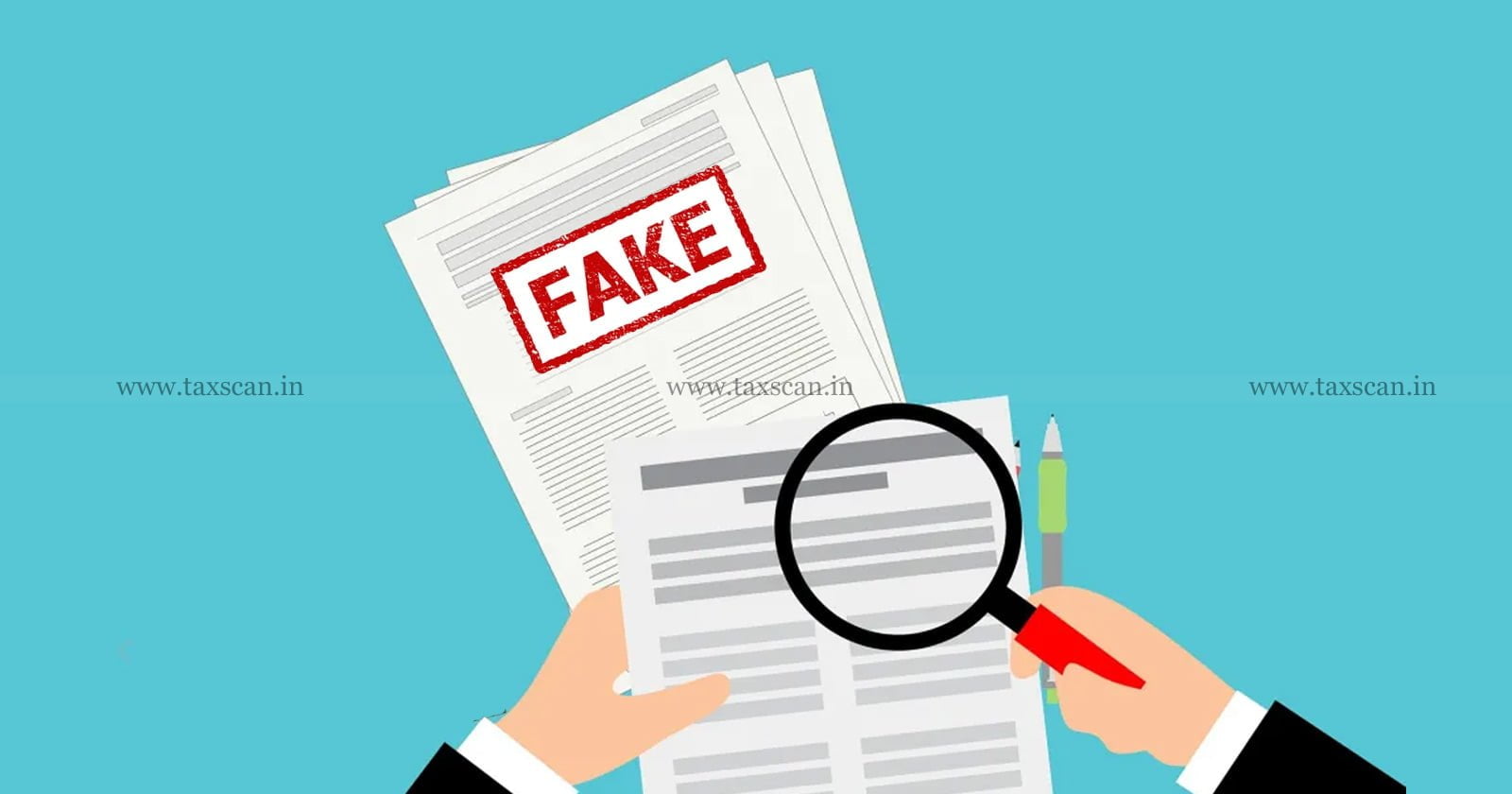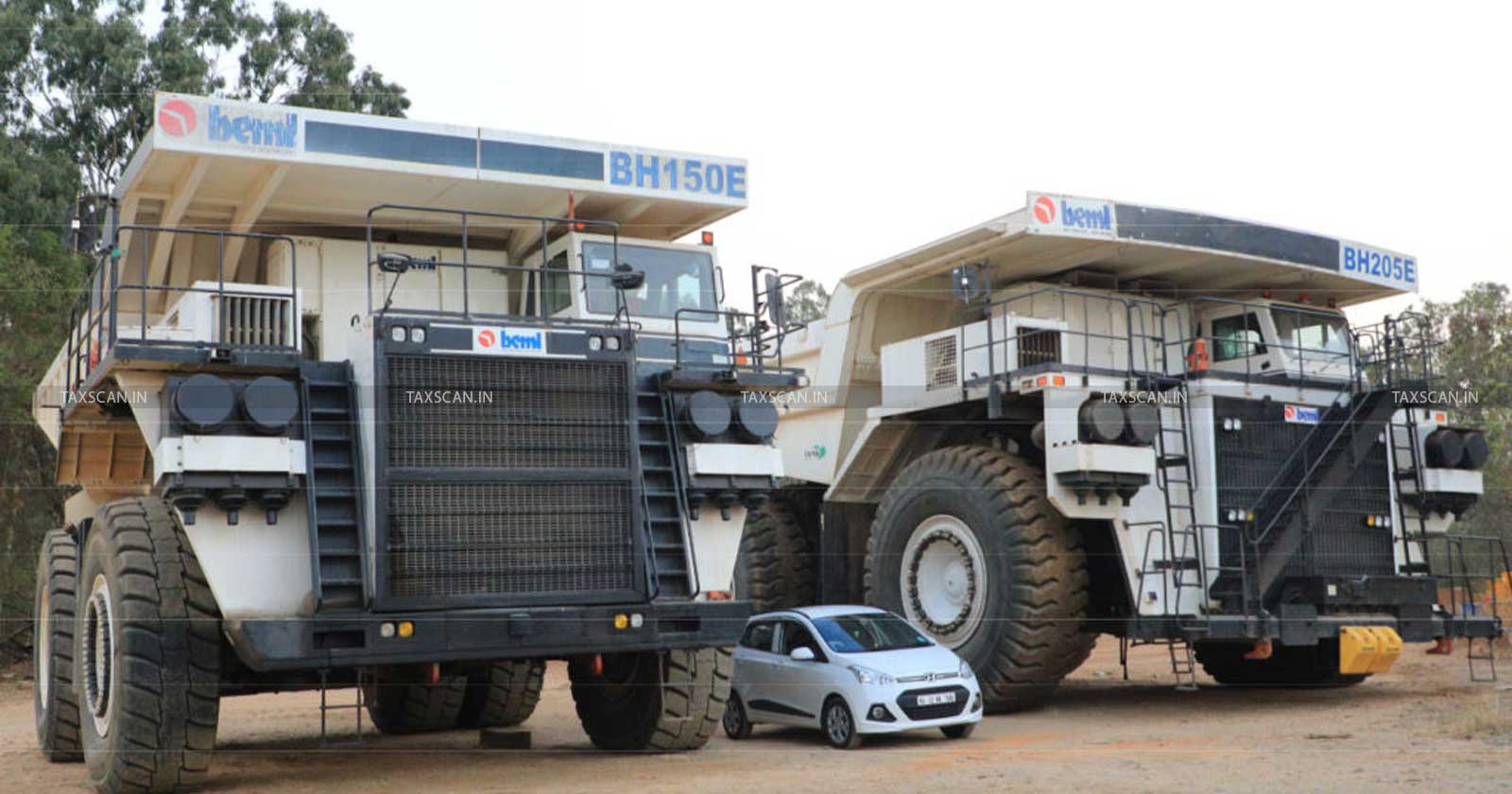CENVAT Credit Cannot Be Denied If Goods Are Received with Valid Invoices and Duty Is Paid and Accepted: CESTAT [Read Order]
CESTAT rules that CENVAT credit cannot be denied when goods are received under valid invoices and the duty paid by the supplier is accepted by the department.
![CENVAT Credit Cannot Be Denied If Goods Are Received with Valid Invoices and Duty Is Paid and Accepted: CESTAT [Read Order] CENVAT Credit Cannot Be Denied If Goods Are Received with Valid Invoices and Duty Is Paid and Accepted: CESTAT [Read Order]](https://images.taxscan.in/h-upload/2025/10/06/2094244-cenvat-credit-taxscan.webp)
The Kolkata Bench of the Customs, Excise, and Service Tax Appellate Tribunal (CESTAT) ruled that CENVAT credit cannot be denied to the recipient when goods are received under valid invoices and the excise duty paid by the supplier has been accepted by the department.
Super Smelters (P) Ltd., the appellant, is engaged in the manufacture of Silico-Manganese, M.S. Billets, and Sponge Iron. During the audit, the department alleged that the appellant had wrongly availed CENVAT credit on Ferro Manganese Slag, which was exempt from excise duty.
The department argued that since the goods were fully exempt, the suppliers were not permitted to pay duty under Section 5A(1A) of the Central Excise Act, 1944, and any duty paid on such goods could not be treated as “duty of excise” eligible for credit.
Know Practical Aspects of Tax Planning, Click Here
 Also Read:Rule 25(1) of Central Excise Applies Only for Removal or Accounting Violations, Not for Facilitation of Fake Credit: CESTAT [Read Order]
Also Read:Rule 25(1) of Central Excise Applies Only for Removal or Accounting Violations, Not for Facilitation of Fake Credit: CESTAT [Read Order]
The adjudicating authority confirmed the demand with interest and penalty. The Commissioner (Appeals) upheld the order, leading the appellant to approach the CESTAT.
The appellant’s counsel argued that the goods were received under proper invoices issued in compliance with Rule 9 of the CENVAT Credit Rules, 2004. The suppliers had paid excise duty, which was deposited into the government’s account under the excise duty head.
The appellant’s counsel explained that if the duty was wrongly paid, the department should have taken action against the suppliers under Section 11D of the Central Excise Act, rather than denying credit to the recipient.
The counsel relied on judicial precedents including MDS Switchgear Ltd. v. CCE and Hindustan Coca-Cola Beverages Pvt. Ltd. v. CCE, which held that CENVAT credit cannot be disallowed when goods are received with valid invoices showing duty payment.
The revenue’s counsel argued that as the goods were fully exempt, payment of duty was not permissible, and in view of CBEC Circular No. 940/1/2011-CX, credit taken by the appellant was inadmissible.
 Also Read:Relief for BEML: CESTAT holds Goods Sold to Industrial Consumers Not Liable for MRP-Based Assessment u/s 4A of CEA [Read Order]
Also Read:Relief for BEML: CESTAT holds Goods Sold to Industrial Consumers Not Liable for MRP-Based Assessment u/s 4A of CEA [Read Order]
How to Audit Public Charitable Trusts under the Income Tax Act Click Here
The two-member bench comprising R. Muralidhar (Judicial Member) and K. Anpazhakan (Technical Member) observed that the goods were received under valid invoices and duly accounted for, and there was no evidence that the duty paid by the suppliers had been questioned by their jurisdictional authorities.
It pointed out that a circular cannot impose new conditions not contained in the statute and cannot override the provisions of the CENVAT Credit Rules. The tribunal explained that once duty has been paid and accepted by the department, the recipient is entitled to avail credit.
The tribunal also observed that there was no suppression or intent to evade, as all details were reflected in statutory records and returns. The appeal was allowed, and the demand was set aside.
Support our journalism by subscribing to Taxscan premium. Follow us on Telegram for quick updates


